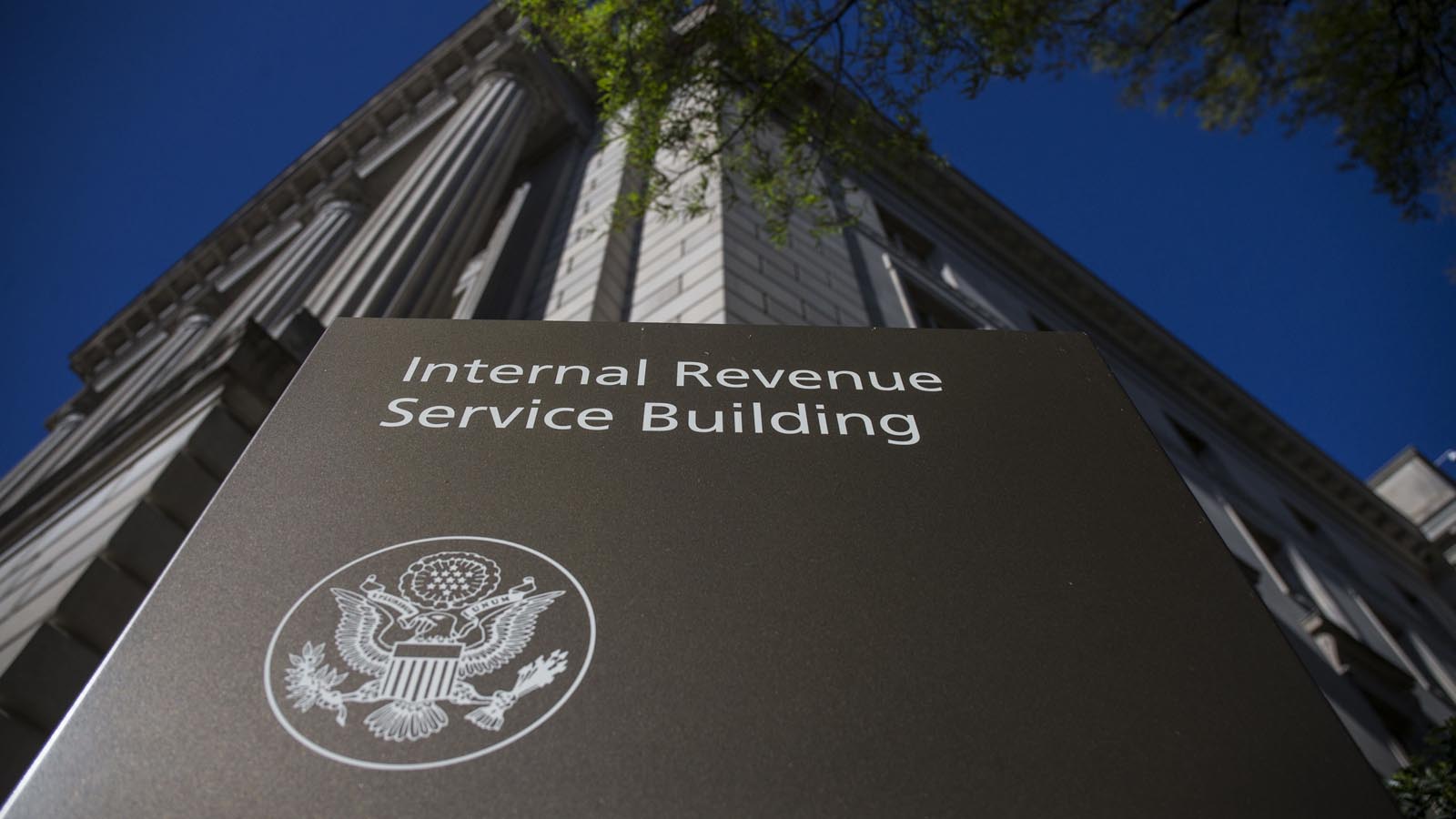The Internal Revenue Service (IRS) has issued a warning to taxpayers about a new scam mail scheme that attempts to trick people into believing the government owes them money.
“The new scheme involves a mailing coming in a cardboard envelope from a delivery service,” the IRS said in a statement on July 3.
Inside the cardboard envelope is a letter on IRS masthead while fraudulently claiming that the notice is “in relation to your unclaimed refund.”
While dangling the prospect of obtaining unclaimed tax refund dollars, the letter asks taxpayers to provide sensitive personal information, including detailed photographs of drivers’ licenses. The data that the scammers are trying to obtain can be used by thieves to try and obtain a tax refund or other sensitive financial information.
“This is just the latest in the long string of attempts by identity thieves posing as the IRS in hopes of tricking people into providing valuable personal information to steal identities and money, including tax refunds,” IRS Commissioner Danny Werfel said in a statement.
Warning Signs
The letter sent out as part of the brand new scam features several telltale signs that the mailing is fraudulent.
One unusual feature, according to the IRS, is that it tries to trick people to email very detailed personal information and tells recipients the need to provide “filing information” for their tax refunds.
The scam letter includes a variety of warning signs, including strange punctuation and a mixture of different fonts, with some requests being awkwardly worded, such as: “A Clear Phone of Your Driver’s License That Clearly Displays All Four (4) Angles, Taken in a Place with Good Lighting.”
The fraudulent notification then asks for additional information that is sensitive, with the wording of the request also awkward.
“You’ll Need to Get This to Get Your Refunds After Filing. These Must Be Given to a Filing Agent Who Will Help You Submit Your Unclaimed Property Claim. Once You Send All The Information Please Try to Be Checking Your Email for Response From The Agents Thanks,” the letter reads, per the IRS.
The letter also includes some inaccurate information. Specifically, it claims that the deadline for filing tax refunds for those who have an extension to file is Oct. 17, 2023, while the correct deadline is actually Oct. 16.
“These scams can come in through email, text or even in special mailings. People should be careful to watch out for red flags that clearly mark these as IRS scams,” Werfel said.
In Monday’s alert, the IRS also cautioned taxpayers to exercise caution when getting messages that may seem to be from acquaintances or loved ones, as these could potentially be sent from hijacked or compromised email or text accounts.
Such deceptive tactics continue to be widely used to deceive individuals and tax preparers through various fraudulent schemes. In order to avoid getting scammed, the IRS urged people to confirm the sender’s identity by employing an alternative means of communication.
For example, they should consider dialing a phone number they independently know to be accurate instead of using the number provided in the suspicious email or text message.
Prior Warnings
Every year, the IRS puts out a compilation of tax scams it calls the “Dirty Dozen” list as a warning to taxpayers. These scams target individuals and tax professionals, aiming to deceive and defraud unsuspecting victims.
One common scam on the list involves fraudulent claims for the Employee Retention Credit (ERC), where scammers target individuals by promoting large refunds associated with this credit. These promoters use misleading advertisements on the radio and the internet, providing inaccurate information about eligibility and computation of the credit. Some of these schemes are designed solely to collect personal information for the purpose of identity theft.
Another prevalent scam is phishing and smishing, where individuals receive fake communications posing as legitimate tax and financial organizations such as the IRS and state agencies. Unsolicited text messages (smishing) and emails (phishing) are used to trick recipients into divulging valuable personal and financial information, putting them at risk of identity theft. The IRS says taxpayers should note that the agency mostly communicates through regular mail and never initiates contact via email, text, or social media regarding tax bills or refunds.
Additionally, scammers try to deceive taxpayers by posing as helpful third parties offering assistance in creating IRS Online Accounts. In reality, these offers are fraudulent, as taxpayers can establish their own online accounts directly through the official IRS website. Falling victim to these scams can expose individuals to potential identity theft and other fraudulent activities.
“People should be wary and avoid sharing sensitive personal data over the phone, email or social media to avoid getting caught up in these scams. And people should always remember to be wary if a tax deal sounds too good to be true,” Werfel said in a statement.
The IRS says that the scams on the Dirty Dozen list highlight the importance of remaining vigilant and exercising caution when dealing with tax-related matters.
The agency urged taxpayers to verify the authenticity of any communication they receive and seek official information directly from the IRS.
















If they know of the scam why don’t they arrest who is doing it? Instead of protecting the public and producing a way for people to be safe, they blame the public for being ripped off.
Most of these scams are coming from overseas where the US have no authority. The players they arrest here are easily replaceable. If you lookup the email addresses you’ll see they are spoofed and actually go to a forgien country like China, N. Korea, Nigeria, India, Russia.